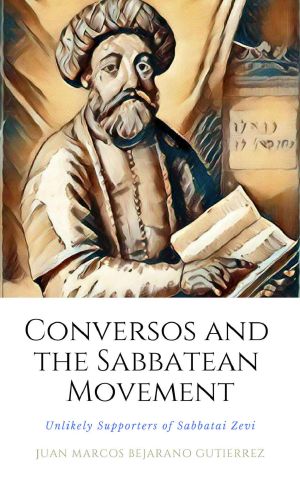Conversos and the Sabbatean Movement · the Unlikely Supporters of Sabbatai Zevi

- Authors
- Gutierrez, Juan Marcos Bejarano
- Publisher
- Yaron Publisher
- ISBN
- 9781795784504
- Date
- 2019-02-03T00:00:00+00:00
- Size
- 0.17 MB
- Lang
- en
In 1665-1666 the messianic movement of Sabbatai Zevi (also written as Shabbetai Zevi, Shabbetai Tzvi, Shabtai Sevi, etc.) spread like wildfire throughout the Jewish communities of the Mediterranean and northern and western Europe. Some communities were so caught up in the frenzy that they changed their liturgy to reflect what they believed to be in the impending declaration of the messianic age. In September of 1666, Zevi was granted an audience with the Sultan of the Ottoman Empire, but things did not turn out as Zevi had envisioned. He was given a choice between conversion to Islam or death. Zevi chose the former. Sabbatai Zevi now proclaimed himself as the hidden messiah of Israel. Some of his most devoted followers converted as well, but his conversion ended the legitimacy of his messianic claims for most of his followers.
As momentous as the Sabbatean movement was, what most people are unfamiliar with is the fact that many of Zevi’s most active supporters were from Spanish and Portuguese Jewish backgrounds. More specifically, they were from Converso backgrounds. Conversos were the descendants of Iberian Jews who had converted to Christianity in the late 14th and through the end of the 15th centuries in the Iberian Peninsula. The Conversos who supported Zevi were often first-generation returnees to Judaism. That is, they had lived in the Iberian Peninsula as Christians and returned to Judaism within their lifetime. This book examines what attracted former Conversos to the movement and the extent of their involvement.